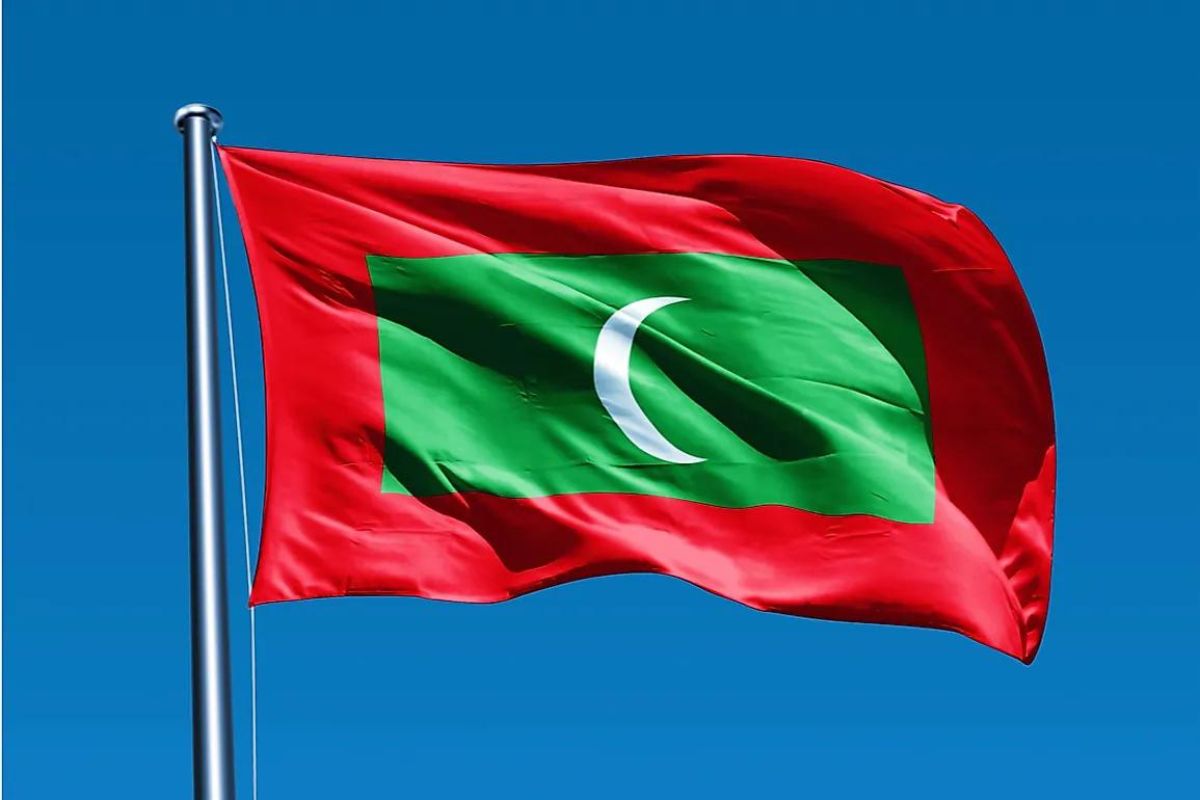India’s digital payments record double-digit growth: RBI data
The RBI-DPI comprises 5 broad parameters that enable the measurement of penetration of digital payments in the country over different time periods.
As Ambassador Rajiv Bhatia has recently written, the election and its results reflect a thriving democracy driven by voters’ concerns about key domestic issues such as employment, housing, education and healthcare.

South Asia’s smallest state, the Maldives, has been making big news in recent weeks following the results of the presidential election in that country. Some experts and policymakers see in the victory of the Beijing-leaning Mohamed Muizzu, the Opposition alliance candidate and Mayor of Male, China gaining the upper hand in its geopolitical competition with India in the western Indian Ocean Region (IOR). While it is true that the ouster of incumbent President Ibrahim Mohamed Solih, who was the architect of Maldives’ ‘India First’ policy ever since he came to power in 2018, may not have been the ideal outcome from the Indian point of view, it needs to be underlined that this came about via democratic due process ~ through an election which has been accepted by free and fair by all stakeholders. The message sent out by the Maldivian electorate is that regional powers need to stop viewing the domestic politics of the island nation through an India-China binary. As Ambassador Rajiv Bhatia has recently written, the election and its results reflect a thriving democracy driven by voters’ concerns about key domestic issues such as employment, housing, education and healthcare. Young voters, in particular, expect delivery of promises regarding their economic well-being ~ employment, housing, and improvements needed for the tourism industry, education, and healthcare. The population of the 1,192 islands that comprise the Maldives has been gloriously indifferent to the brouhaha, especially in sections of the Western media, about their domestic politics being a proxy battleground for Sino-Indian rivalry. Instead, as Bhatia underlines, they have added immeasurably to Maldives’ international reputation by ensuring a democratic, peaceful transfer of power.
It is a long way from the Maumoon Abdul Gayoom regime which ruled the Maldives with the proverbial iron fist for three decades starting in 1978 before giving way to a multiparty democracy under a new Constitution in 2008. The mercurial Mohamed Nasheed, the first directly elected president of the Maldives, could not complete his five-year term and ended up sharing power with Mohamed Waheed Hassan; that regime gave way, again via universal adult franchise, to the openly pro-China President Abdulla Yameen who was followed by Mr Solih after he emerged victorious in the next presidential poll. That is a pretty credible democratic record for a nation once considered a democratic basket case.
Naturally, Delhi will have its work cut out. But it is far better for South Asia to have a democratic Maldives, including for Indian interests, even if the regime is not particularly beholden to Delhi. India is leading by example in the region in terms of its policy approach towards smaller countries ~ providing aid and support to Sri Lanka in its time of need is an example ~ and the Maldivian people have proven over the past 15 years that they can make the distinction between domestic politics and geopolitical alignments.
Advertisement
Advertisement